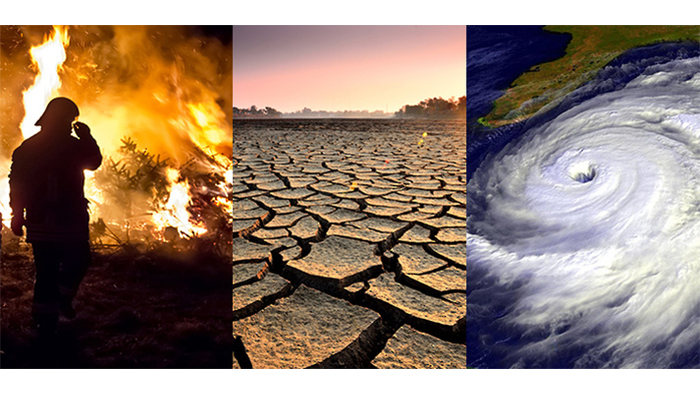
Bonn: New targets for reducing emissions, cutting back on fossil fuels and ending deforestation were agreed by world leaders at the COP26 summit.
Nations are meeting again in Bonn to discuss progress since the Glasgow Climate Pact was signed at COP26.
In Glasgow, countries agreed to submit more ambitious climate plans, including cuts to emissions of carbon dioxide (CO2).
Carbon dioxide is a greenhouse gas which causes climate change. Reducing emissions is needed to help keep temperature rises within 1.5C. Above this could cause "climate catastrophe", according to UN scientists.
Countries were given a deadline of September 2022 to submit new plans - but currently only 11 countries out of 196 have done so.
However, recent analysis suggests that China has seen a continuous reduction in emissions since summer 2021. This could have a significant impact as it is responsible for 27 per cent of the world's emissions.
Every year the world's governments meet at a climate summit called Conference of the Parties (COP).
The 26th of these - COP26 - was in Glasgow in 2021; COP27 is in Sharm-el-Sheikh, Egypt, later this year.
The Bonn Climate Change Conference is halfway between the two COPs - to review progress.
COP26 included a plan to reduce use of coal which is responsible for 40% of annual CO2 emissions.
World leaders also agreed to phase-out inefficient oil and gas subsidies. These are government payments that artificially lower the price of fossil fuels.
The UN climate science body, the IPCC, says fossil fuels are responsible for 64% of the world's CO2 emissions.
There are now 34 countries considering new coal plants, compared with 41 at the beginning of last year.
More than 100 countries - with about 85% of the world's forests - promised to stop deforestation by 2030.
This is seen as vital, as trees absorb about 10% of the CO2 emitted each year.
Half the world's forests are in just five countries - Russia, Brazil, Canada, the US and China - so their actions could make a big difference.
In April, US President Biden signed an order to protect old-growth forests on government land.
But in Brazil - home to more than half of the Amazon rainforest - deforestation is up 69% on last year, BBC news reported.